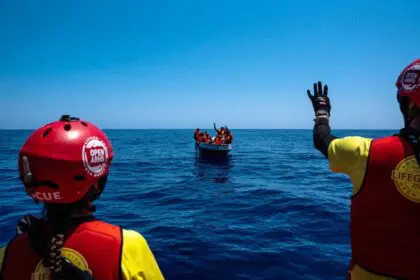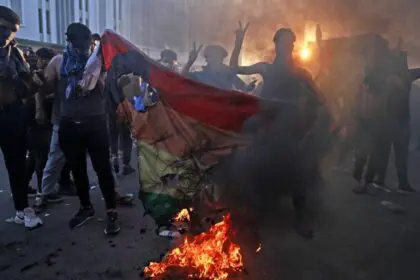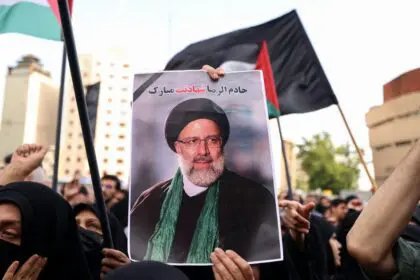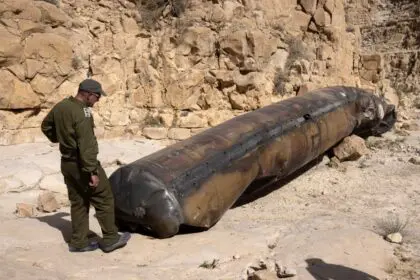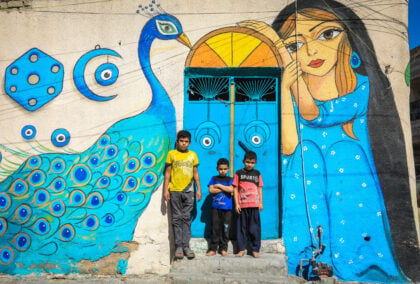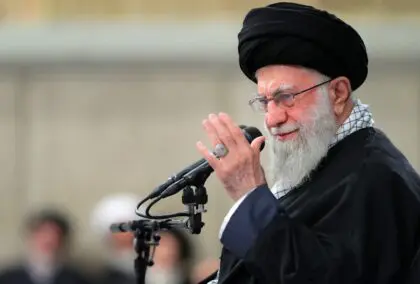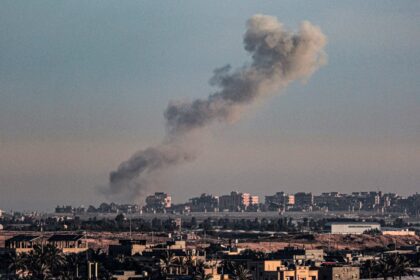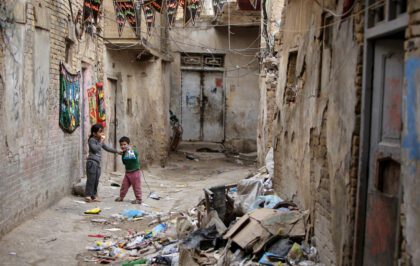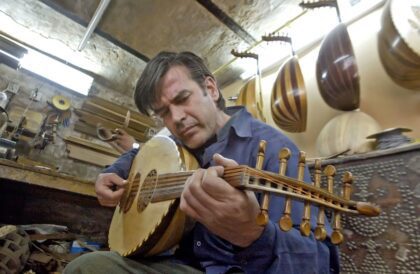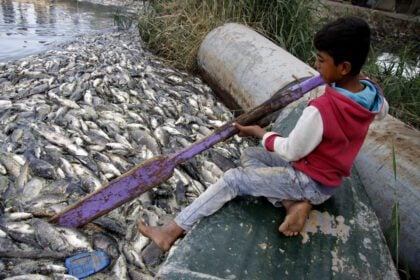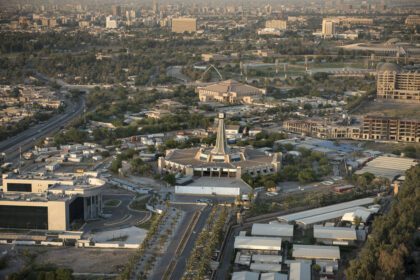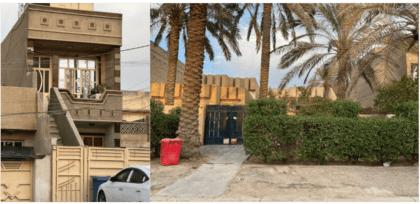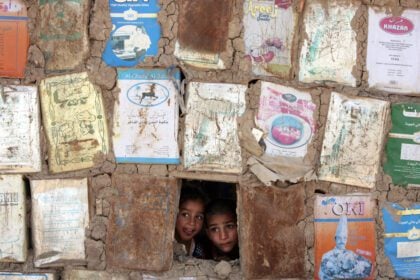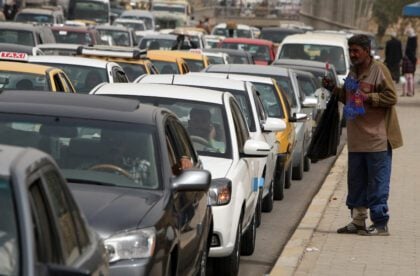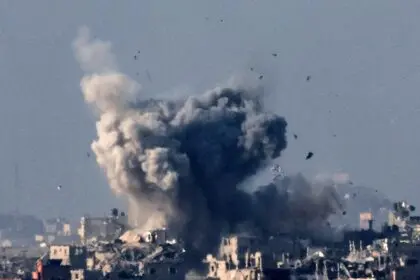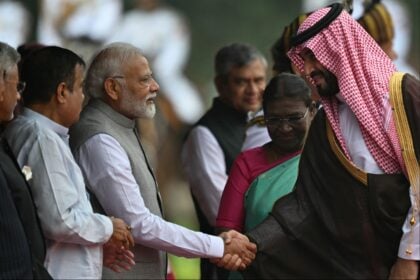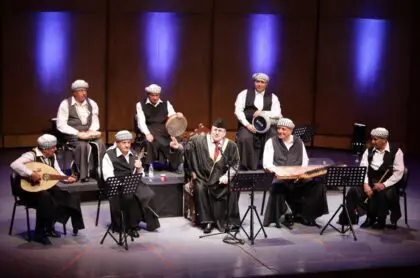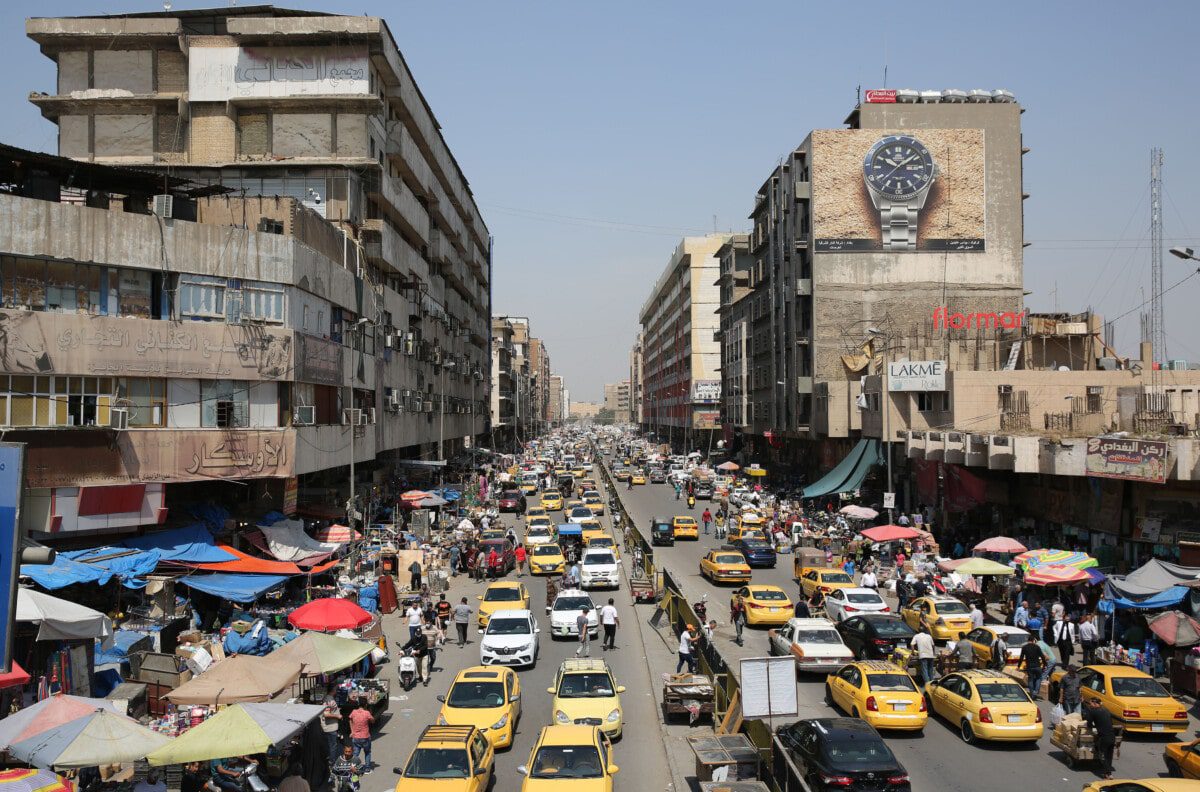
Introduction
Iraq (Officially the Republic of Iraq) is one of the easternmost countries of the Arab world. Its total area is 438.317 km2. It is bordered to the north by Turkey, to the east by Iran, to the west by Syria and Jordan, and to the south by Saudi Arabia and Kuwait.
Iraq has 36 miles (58 km) of coastline along the northern end of the Arab/Persian Gulf, giving it a tiny sliver of the territorial sea. During ancient times, lands that now constitute Iraq were known as Mesopotamia (“Land Between the Rivers”), a region whose extensive alluvial plains gave rise to some of the world’s earliest civilizations, including those of Sumer, Akkad, Babylon, and Assyria.
This wealthy region, comprising much of what is called the Fertile Crescent, later became a valuable part of larger imperial polities, including sundry Persian, Greek, and Roman dynasties, and after the 7th century, it became a central and integral part of the Islamic world.
Iraq’s capital, Baghdad, became the capital of the Abbasid Caliphate in the 8th century. The modern nation-state of Iraq was created following World War I (1914–18) from the Ottoman provinces of Baghdad, Basra, and Mosul.
Its name is derived from the Arabic term used in the premodern period to describe a region that roughly corresponded to Mesopotamia (ʿIrāq ʿArabī, “Arabian Iraq”) and modern northwestern Iran (ʿIrāq ʿAjamī, “foreign [i.e., Persian] Iraq”).

Iraq gained formal independence in 1932. However, it remained subject to British imperial influence during the next quarter century of turbulent monarchical rule.
Political instability on an even greater scale followed the overthrow of the monarchy in 1958. The installation of an Arab nationalist and socialist regime—the Ba’th Party—in a bloodless coup 10 years later brought new stability.
With proven oil reserves second in the world, the regime was able to finance ambitious projects and development plans throughout the 1970s. This enabled the building of one of the largest and best-equipped armed forces in the Arab world.
When Saddam Hussein assumed the party’s leadership, he led the country into disastrous military adventures—the Iran-Iraq War (1980–88) and the Gulf War (1990–91).
These conflicts left the country isolated from the international community and financially and socially drained. By exerting unprecedented coercion directed at major sections of the population, Saddam was able to maintain a firm hold on power until he and his regime were toppled in 2003 during the Iraq War.
In 2021, the population of Iraq has been estimated at 41.18 million. According to 1987 estimates, the ethnic groups of Iraq consist of Arabs (75-80%), Kurds (15-20%), and others like Turkmen, Yezidi, Shabak, Kaka’i, Bedouin, Romani, Assyrian, Circassian, Sabaean-Mandaean, Persian (5%).
Official languages in Iraq are Arabic and Kurdish. Turkmen (a Turkish dialect), Syriac (Neo-Aramaic), and Armenian are official in areas where native speakers of these languages constitute a majority of the population.
Islam is the official religion. According to 2015 estimates, Muslims are 95-98% of the total population (Shia 64-69%, Sunni 29-34%). Christian percentage does not exceed 1% (this includes Catholic, Orthodox, Protestant, and Assyrian Church of the East). Others are ranges between 1-4%.
The Iraqi Dinar is the local currency. Natural resources include petroleum, natural gas, phosphate, and sulfur.
In terms of military strength, Iraq is ranked 45 out of 145 countries included in the 2023 Global Firepower Report.
After the end of Saddam Hussein’s reign in 2003, the Iraqi media environment rapidly opened up. By 2004, over 200 newspapers had begun publishing, in addition to around 80 radio stations and 20 television channels.
Television is by far the most popular source of news in Iraq. According to a survey made in 2014, 92 percent of Iraqis stated that they watched televised news at least weekly. Viewership is strongly influenced by political affiliation and sect. The most significant domestic channels are Al-Iraqiya, Baghdadia TV and Al-Sumeria.
Prominent faces in Iraq include the Kurdish leader Massoud Barzani, Grand Ayatollah al-Sayyid Ali al-Husseini Sistani, and Nadia Murad who won Nobel Peace Prize in 2018.
The Iraqi Football Association is the governing body of Iraqi Football. The association is responsible for the Iraq football team and the Iraqi Premiere League. Being established in 1948, the association is a member of FIFA since 1950.
It is also a member of the Asian Football Confederation since 1971. The most famous football clubs in Iraq are the Al-Quwa Al-Jawiya Club, Al-Shorta Sports Club, and Al-Zawraa.
Football is the most popular sport in Iraq. The Iraqi national team made many achievements, including qualifying for the 1986 World Cup in Mexico and winning the 2007 Asian Cup. The national team reached the final round of the 2006 Asian Games in Doha, while the Iraqi Olympic team obtained fourth place during the 2004 Summer Olympic Games.
The plains of lower Mesopotamia extend southward some 375 miles (600 km) from Balad on the Tigris and Al-Ramadi on the Euphrates to the Arab/Persian Gulf. They cover more than 51,000 square miles (132,000 square km), almost one-third of the country’s area. They are characterized by low elevation, below 300 feet (100 meters), and poor natural drainage.
Moreover, large areas are subject to widespread seasonal flooding, and there are extensive marshlands, some of which dry up in the summer to become salty wastelands. Near Al-Qurnah, where the Tigris and Euphrates converge to form the Shatt al-Arab, there are still some inhabited marshes.
The alluvial plains contain extensive lakes. The swampy Lake Al-Ḥammār (Hawr Al-Hammar) extends 70 miles (110 km) from Basra to Sūq al-Shuyūkh. Its width varies from 8 to 15 miles (13 to 25 km).
The most prominent tourist attractions in Iraq are the Erbil Citadel, Nineveh, Ezekiel’s Tomb and Nimrud city.
Vehicle driving is on the right side, similar to the rest of the countries in the Middle East and North Africa.
The time zone for Iraq is (GMT +3) while the international dialing code is + 964.



